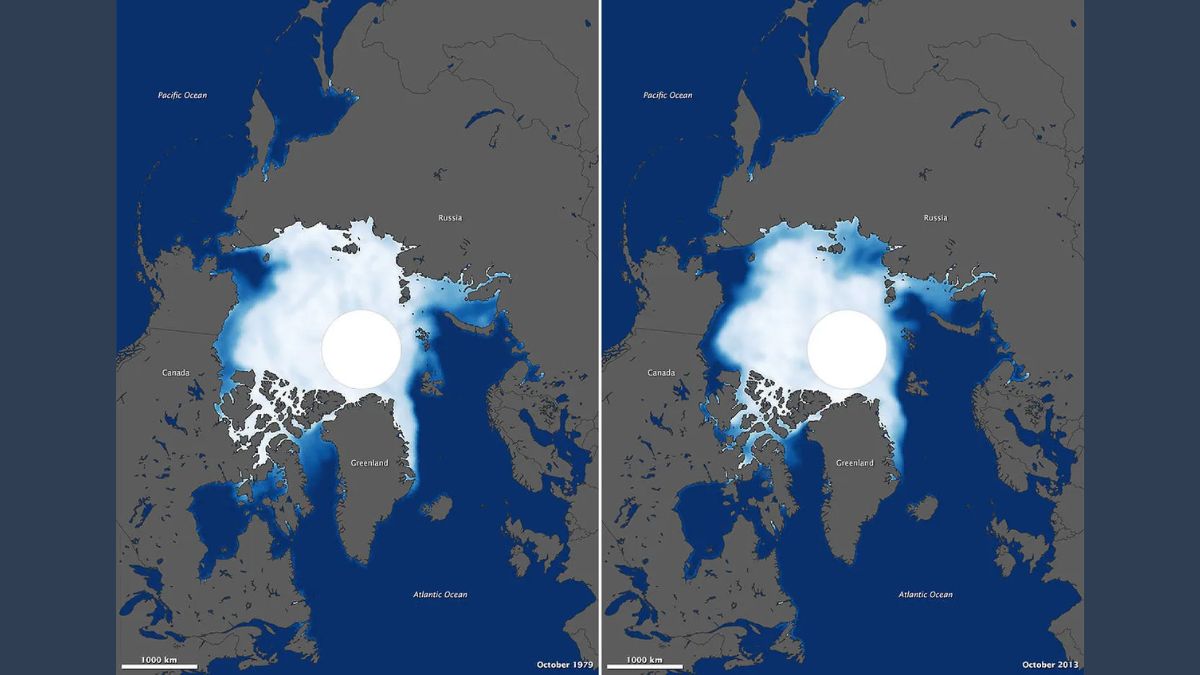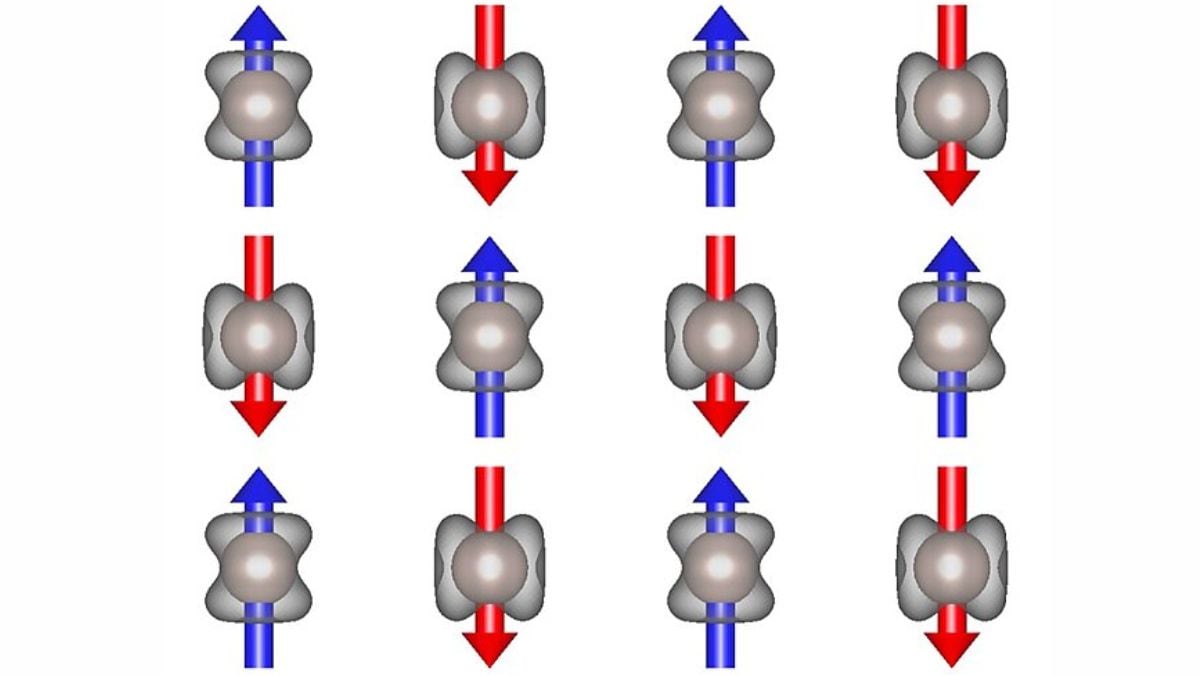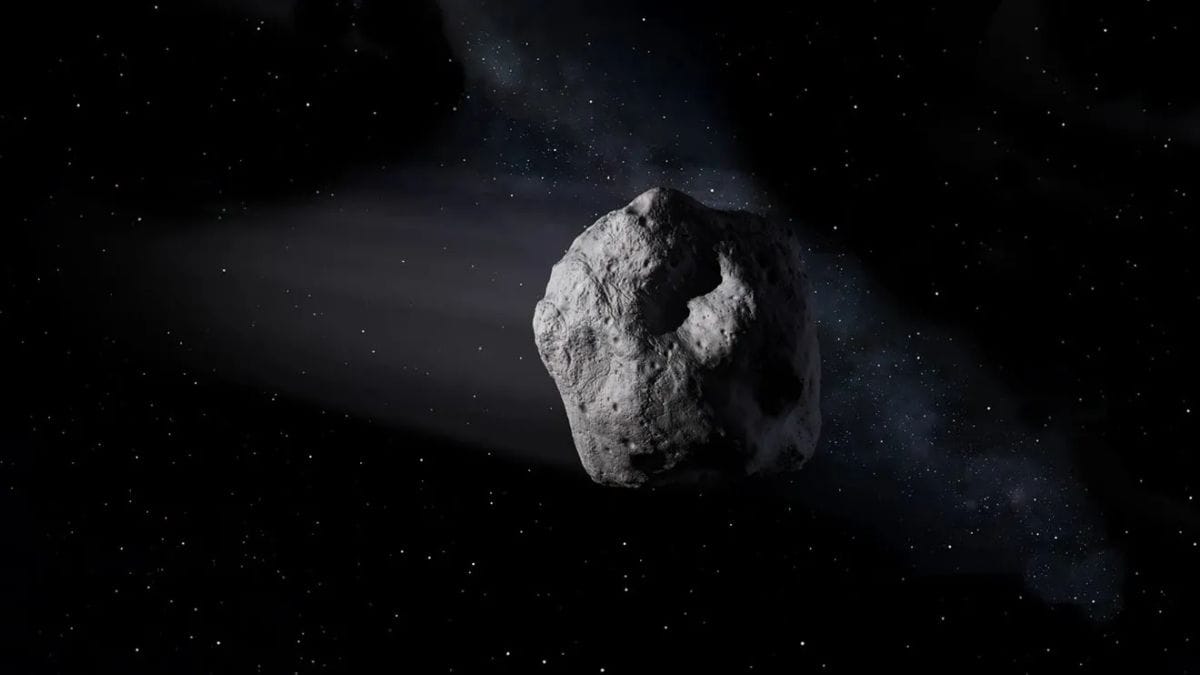New Study Reveals Recent Ice Gains in Antarctica, But Long-Term Melting Continues
Global warming and climate change have been subjects of major concern for a long time. One of the key indicators of this phenomenon is the melting of ice in the polar regions. Researchers from Tongji University in Shanghai have been using NASA satellite data to track changes in Antarctica’s ice sheet over more than two decades. Their newest study states that despite the increase in global temperature, Antarctica has gained ice in recent years. However, it cannot be considered as a miraculous reversal in global warming because over these two decades, the overall trend is substantial ice loss. Most of the gains have been caused by unusual increased precipitation over Antarctica.
About the New study
According to the new study , NASA’s Gravity Recovery And Climate Experiment (GRACE) and GRACE Follow-On satellites have been monitoring this ice sheet since 2002. The ice sheet covering Antarctica is the largest mass of ice on Earth
The satellite data revealed that the sheet experienced a sustained period of ice loss between 2002 and 2020. The ice loss accelerated in the latter half of that period, increasing from an average loss of about 81 billion tons (74 billion metric tons) per year between 2002 and 2010, to a loss of about 157 billion tons (142 billion metric tons) between 2011 and 2020, according to the study. However, the trend then shifted.
The ice sheet gained mass from 2021 to 2023 at an average rate of about 119 billion tons (108 metric tons) per year. Four glaciers in eastern Antarctica also flipped from accelerated ice loss to significant mass gain.
General Trend in global warming
Climate change doesn’t mean that everywhere on Earth will get hotter at the same rate, so a single region will never tell the whole story of our warming world.
Historically, temperatures over much of Antarctica have remained relatively stable, particularly compared to the Arctic. Antarctica’s sea ice has also been much more stable relative to the Arctic, but that’s been changing in recent years.



